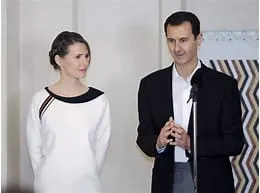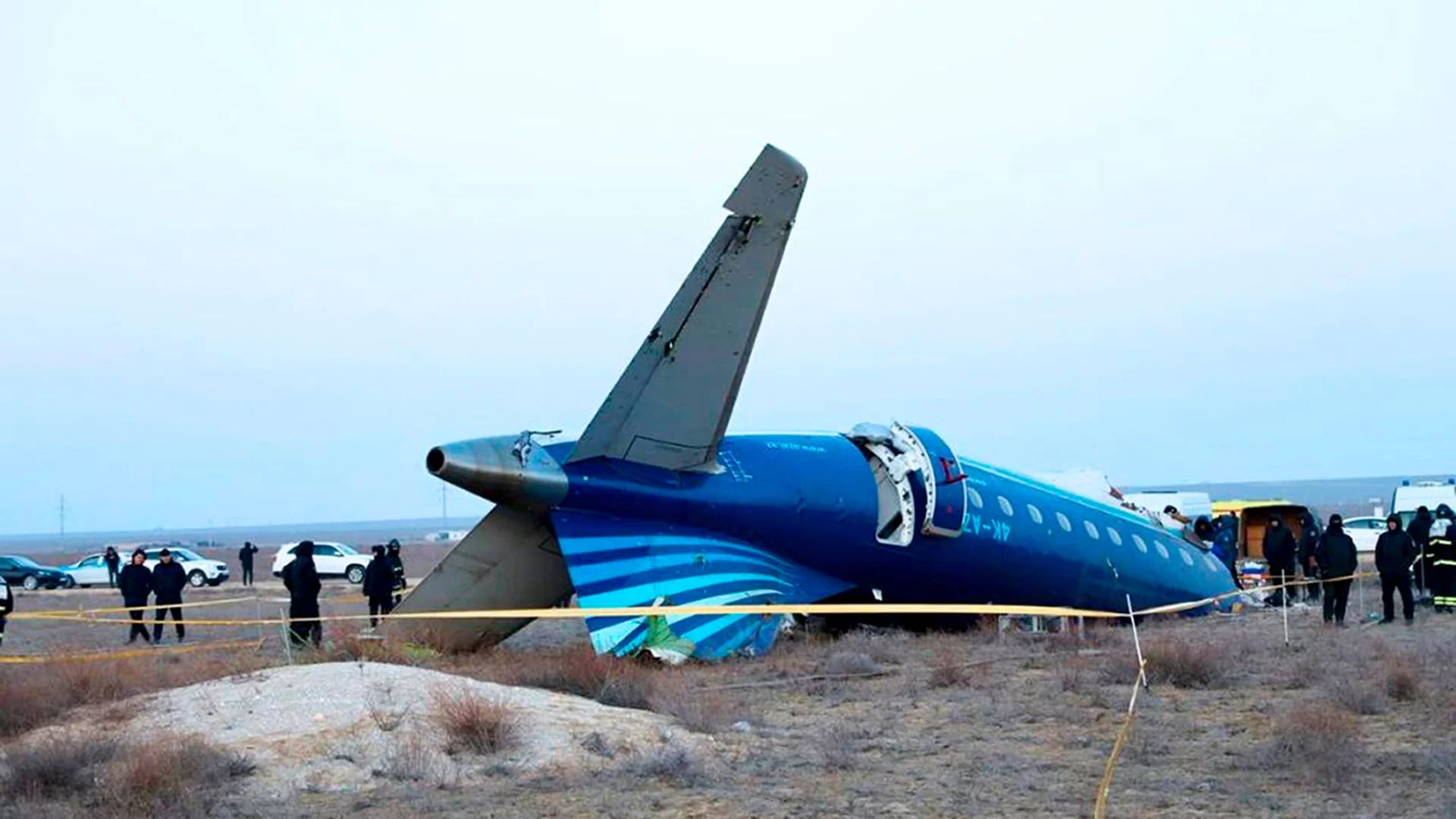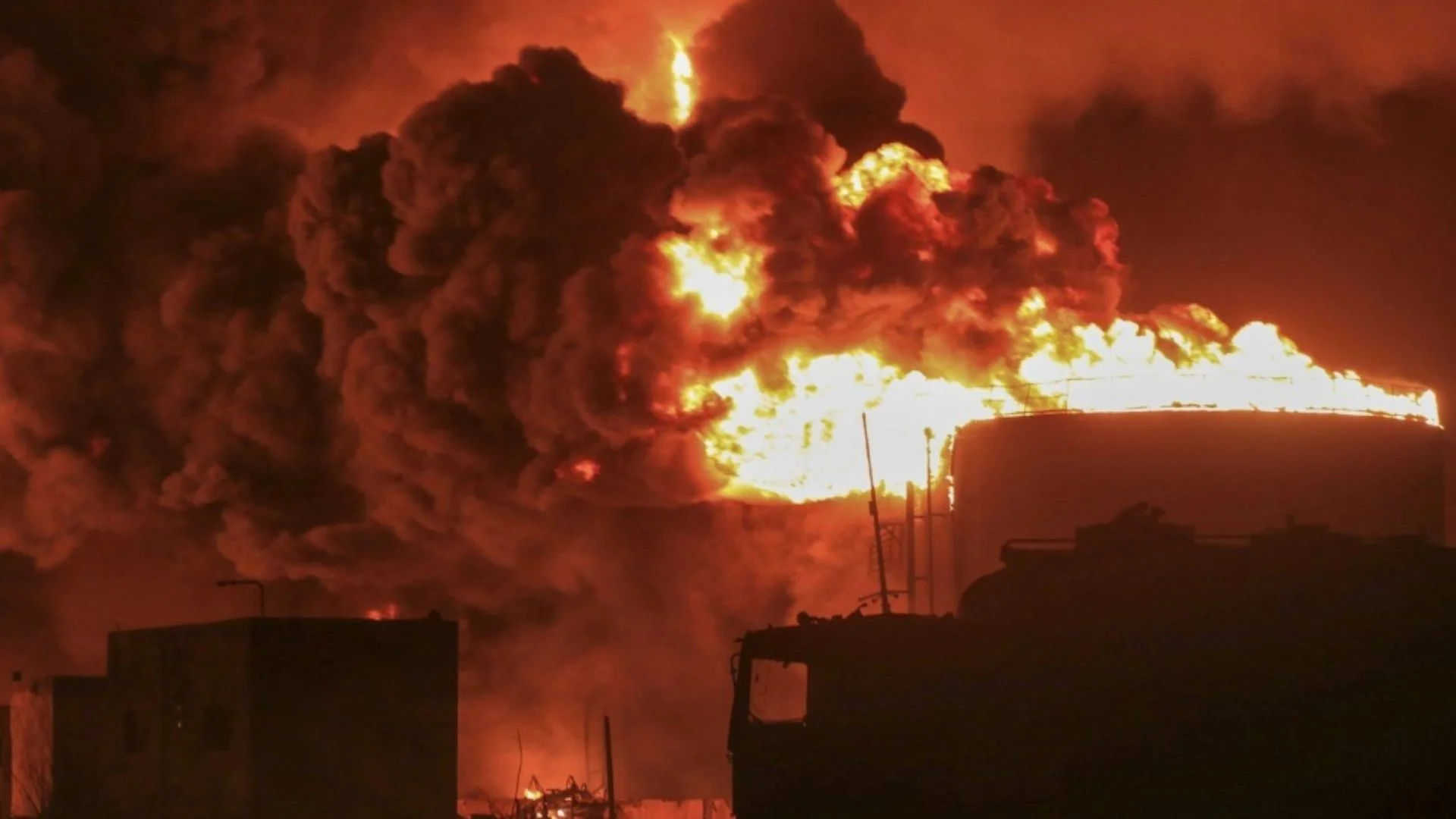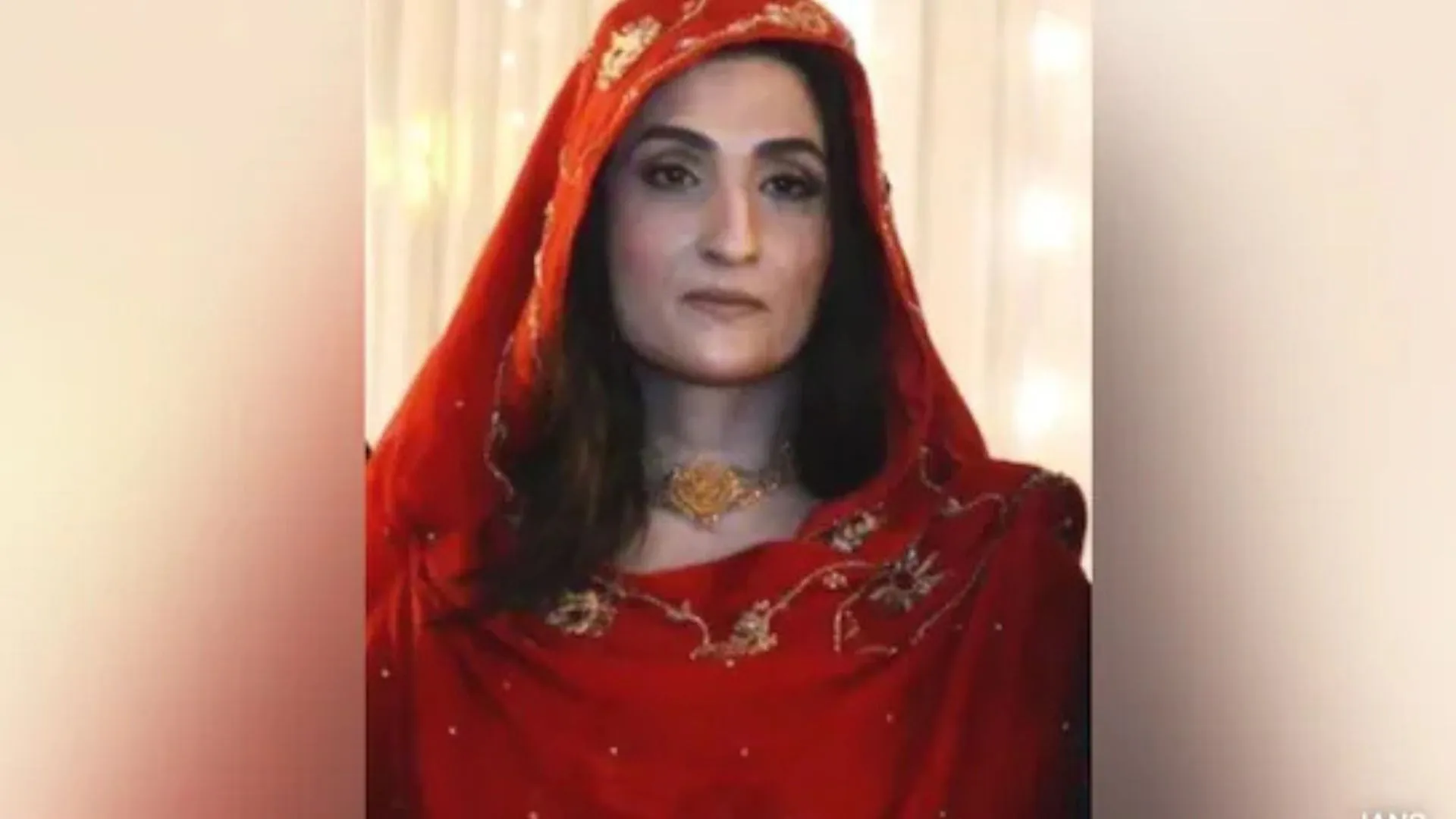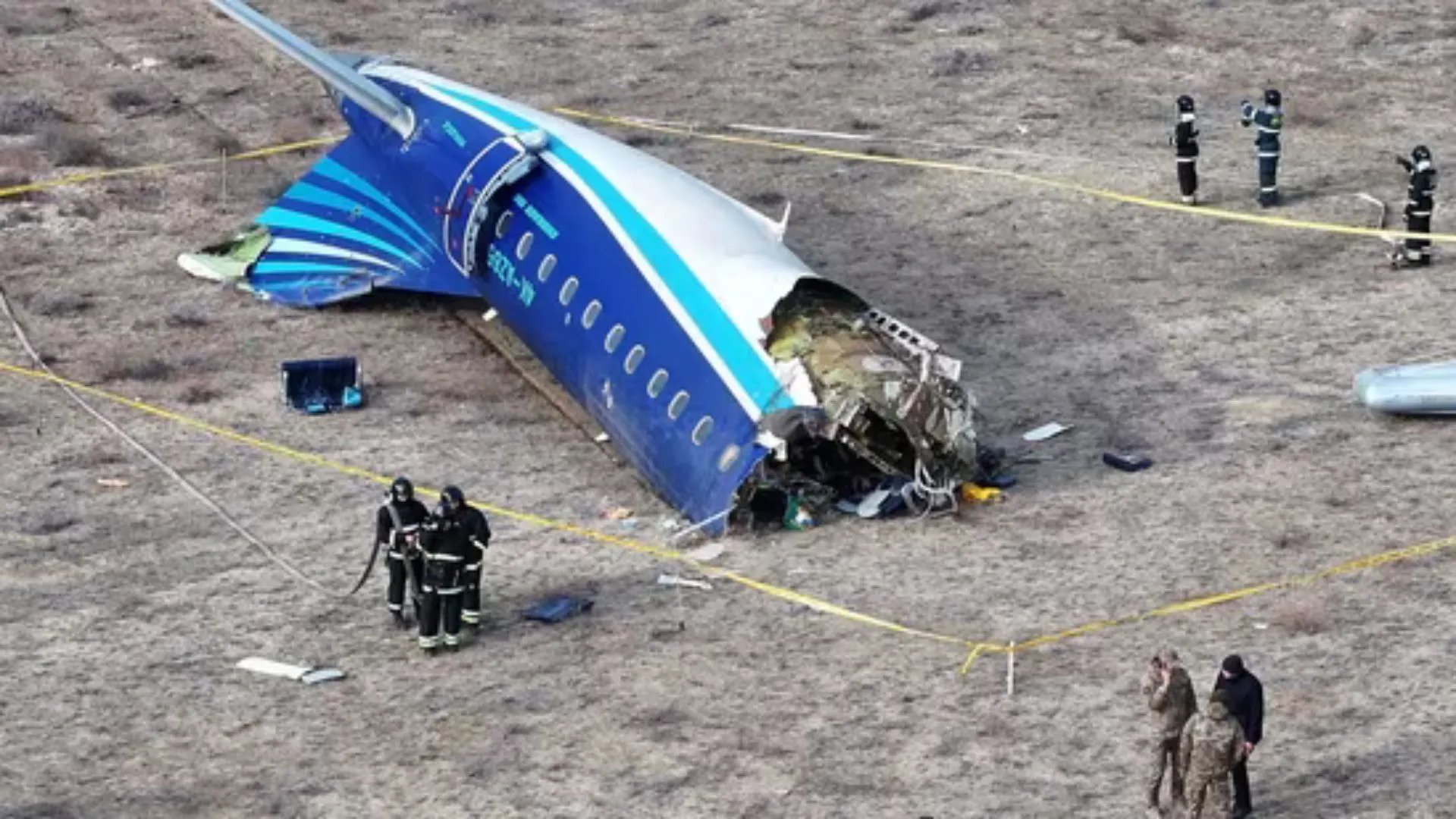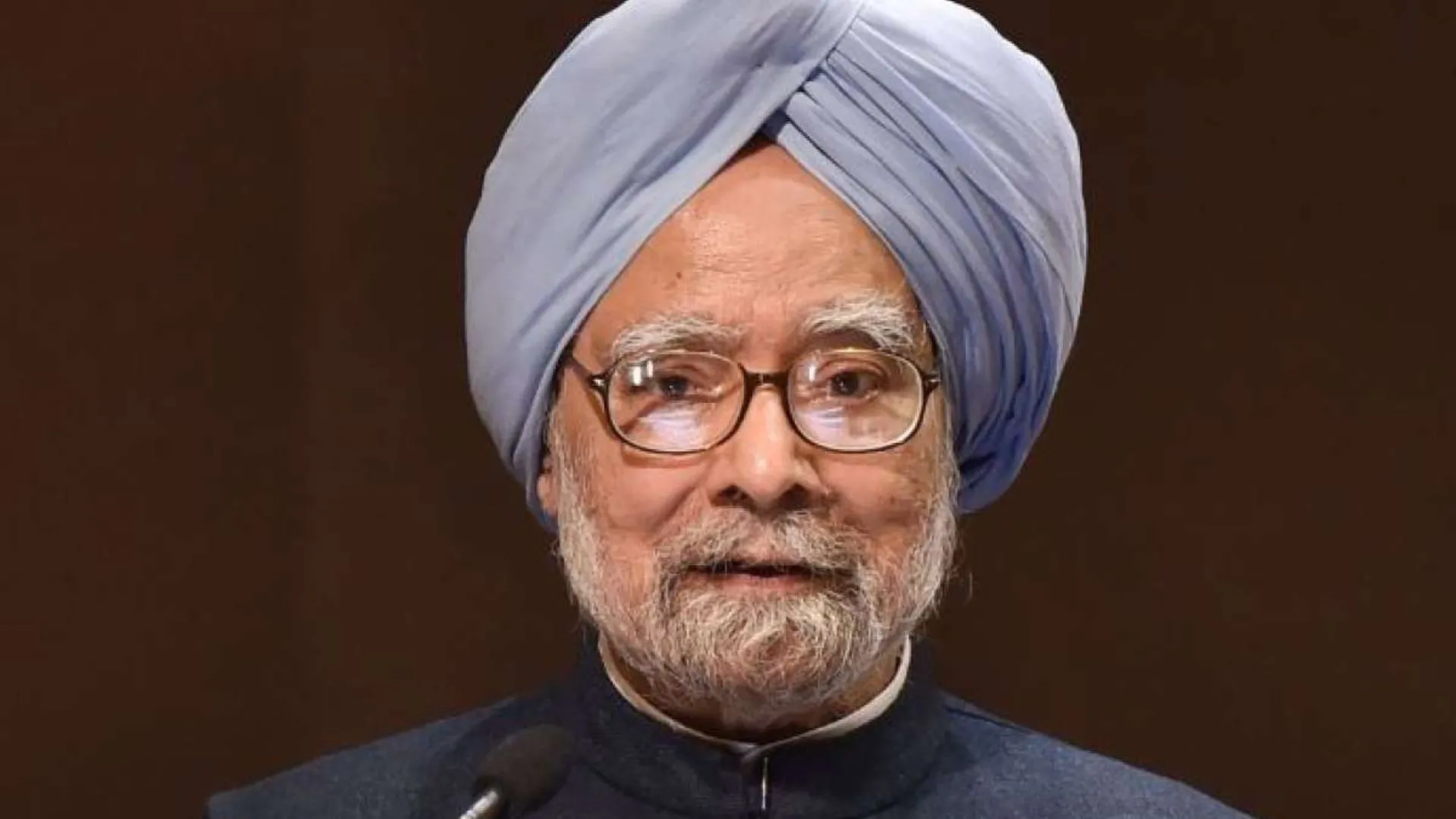Asma al-Assad, the wife of deposed Syrian President Bashar al-Assad, is reportedly fighting leukemia, a severe form of blood and bone marrow cancer. The British-born former First Lady has been placed in isolation to reduce infection risks while undergoing treatment.
Previous Health Challenges
In 2019, Asma successfully overcame breast cancer after a year of treatment and declared herself cancer-free. However, reports indicate that leukemia may have developed following a period of remission.
Background and Personal Life
Born in London in 1975 to Syrian parents, Asma holds dual British-Syrian citizenship. She graduated with degrees in computer science and French literature from King’s College London and later pursued a career in investment banking. Asma married Bashar al-Assad in December 2000, and the couple shares three children: Hafez, Zein, and Karim.
Exile and Family Struggles
Reports suggest that Asma al-Assad has been seeking to relocate to London with her children since the Syrian uprising began. It is also rumored that she filed for divorce, citing dissatisfaction with her life in Moscow. However, these claims have been denied by Kremlin officials.
Adding to the challenges, Asma allegedly applied to a Russian court for special permission to leave the country, with the application still under review.
Bashar al-Assad’s Asylum in Moscow
Bashar al-Assad fled Syria on December 8 following an 11-day offensive by Hayat Tahrir al-Sham (HTS) rebels. Years of civil war, triggered by his harsh response to anti-government protests in 2011, have resulted in over 500,000 deaths and displaced millions.
Currently residing under asylum in Moscow, Assad faces restrictions on travel and political activities. Reports also suggest that Russian authorities have frozen his assets, although the Kremlin denies these claims.
Conclusion
Asma al-Assad’s battle with leukemia adds to the family’s ongoing challenges, both personal and political. Her resilience in the face of illness reflects her strength, but her health struggles underline the difficulties faced by those involved in the Syrian conflict.

